Divergent Whole
Absolute Space for Absolute Post-Humans
Relevance:
The ideas of prosthetics add units and form connections with a phenomenological body, and physical activity. Yet, telepresence requires a high stream of information with simulation. There is a similarity to these types of bodies, which requires them the ability to passively perceive and act upon a distant environment and to command the distant sensors to recognize the architecture [number of units, layers, connections] of the network.

Research Question:
How will architecture address new means of designing spaces for the body, where mindware upgrades, electronic prostheses capable of extending and transforming their personal reach, thought and vision will require new relationships between body and space?
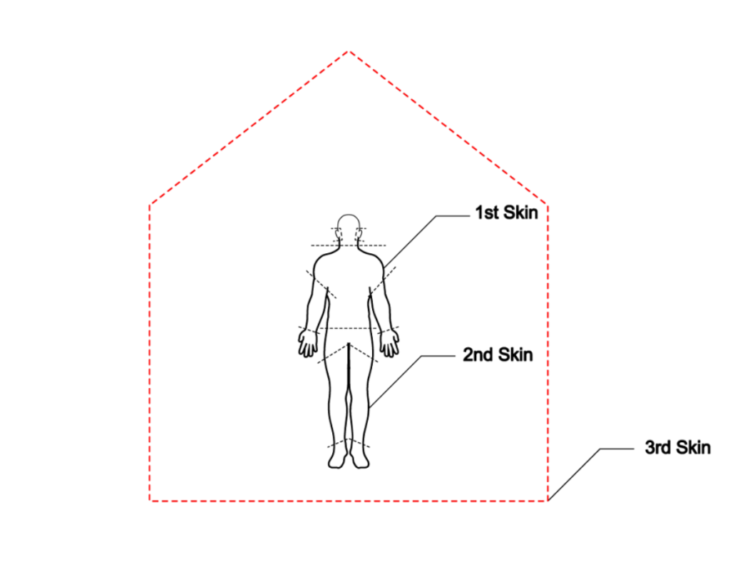
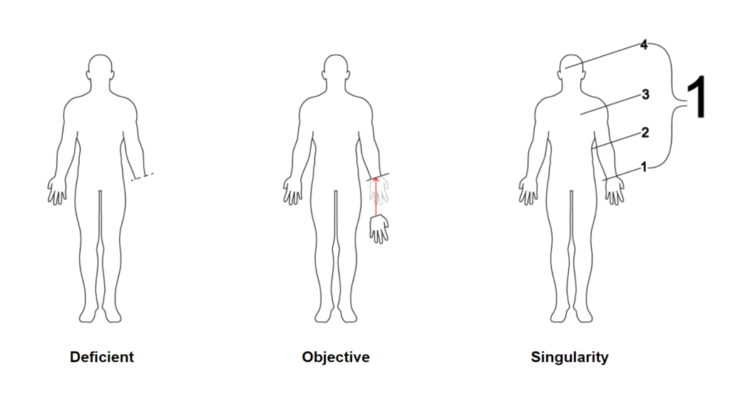
Historical Trajectory:
History has shown that space for new bodies, have not been fully explored, experimented, and improvised to make possible their impossible associations, connections and relationships found in post-human architecture.
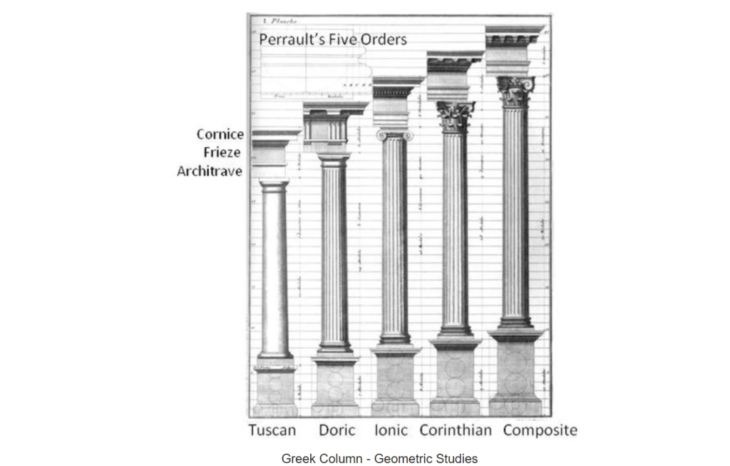
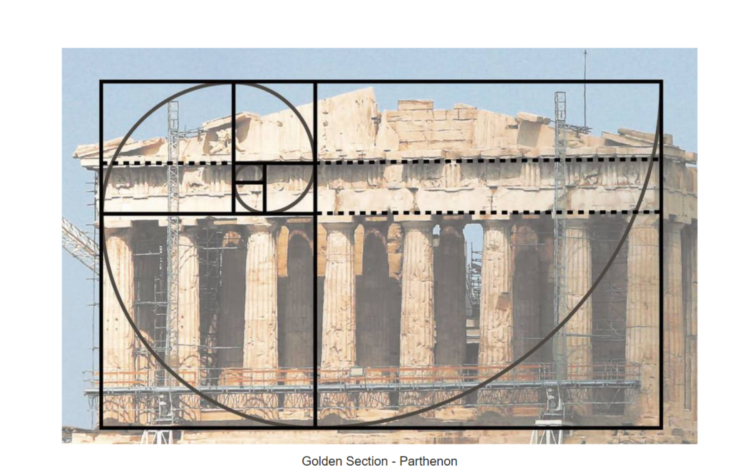
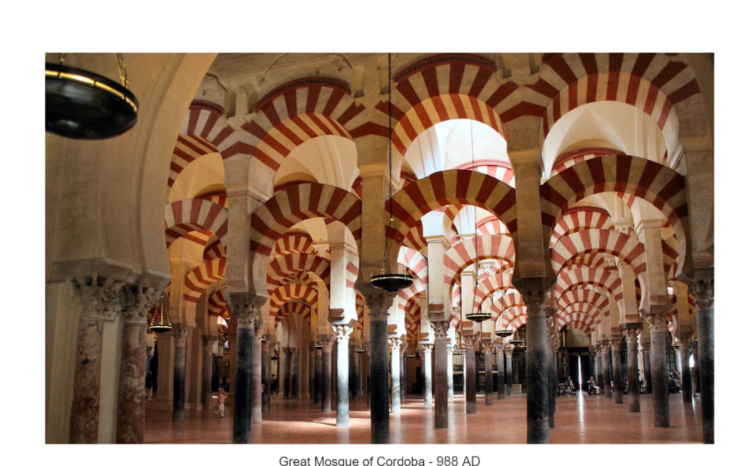
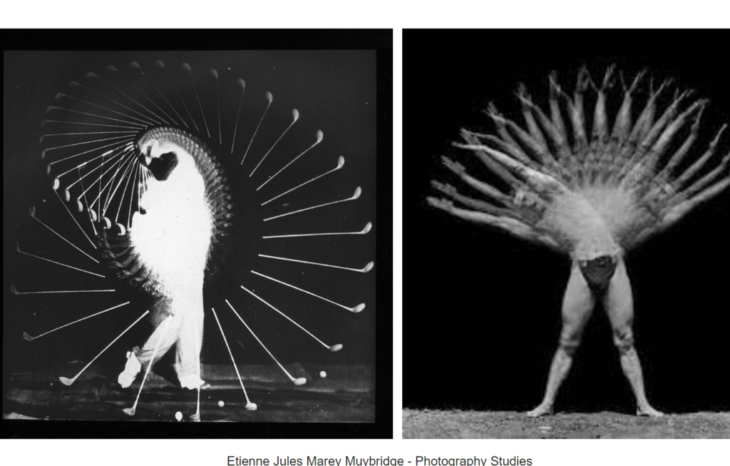
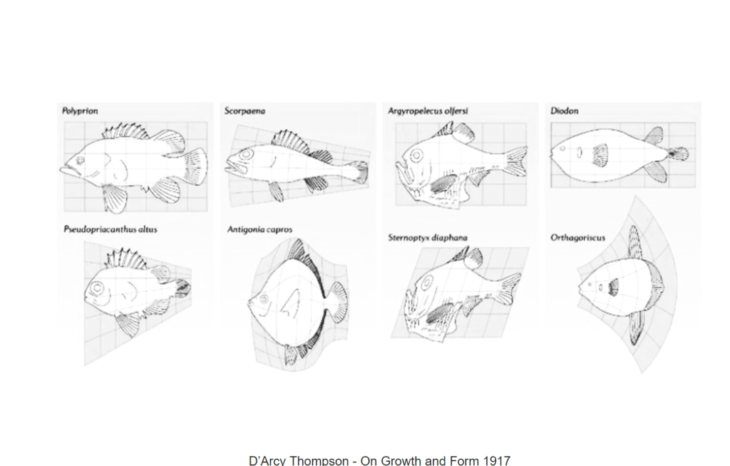
Hypothesis:
Are human capacities of excess demanding new limits on visual and material found in spatial design, where functions of the present do not link with the past?


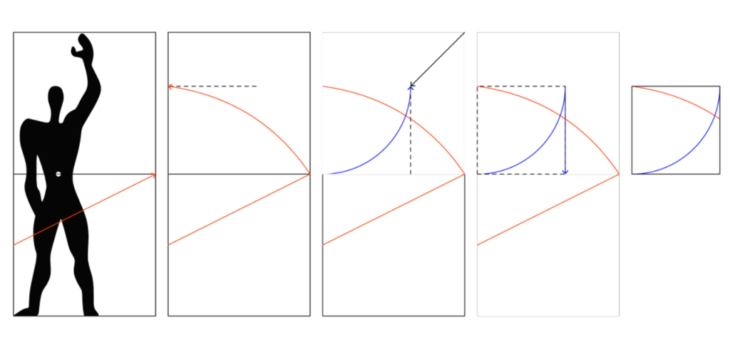
Le Modular attempted to link the geometries of the body, and the experience of the subject, with the processes of nature, and to use this supposed conjunction as a way of regulating technological production at the level of individual subjects and thereby to incorporate them into the new body-politic.
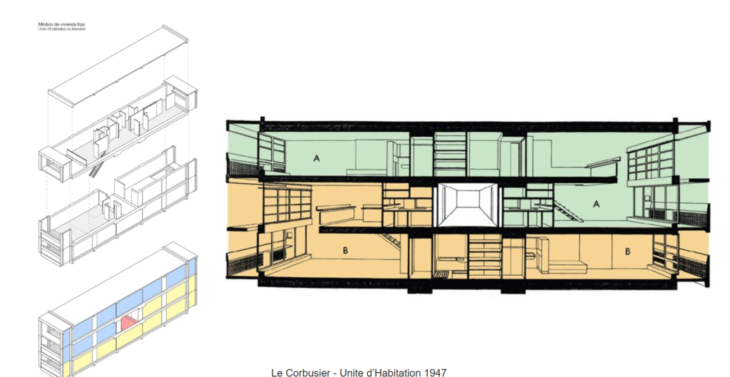
Defining Phenomenology:
Phenomenology allows us to understand how the internal perception is formed and why it is internal and not external. The body is not constituted as an object of external perception, as a physical [natural] body, because the subject perceives his body as belonging to him.
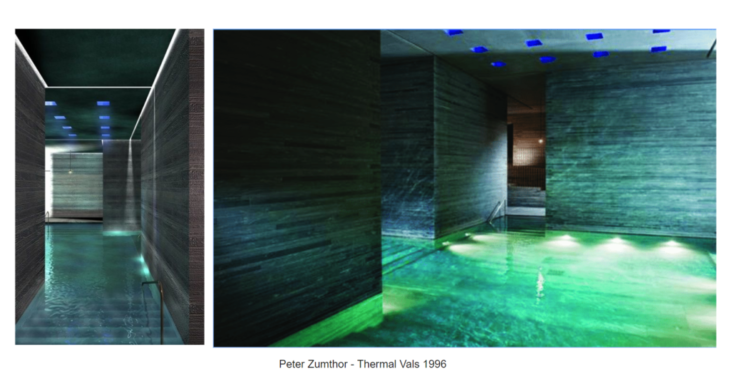
Freudian View
Freud suggests, ….
we are “prosthetic gods,” born too early and unable to survive without supplement.
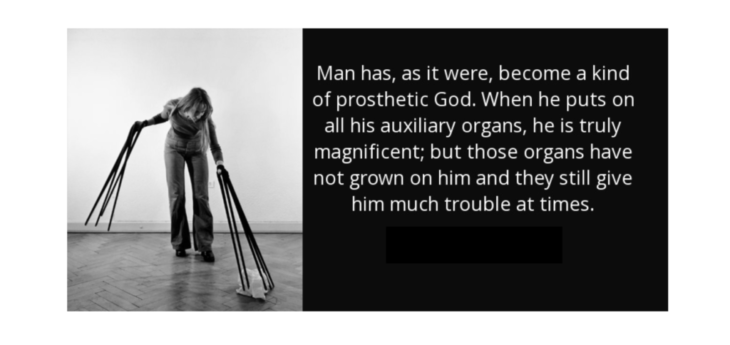
Case Studies
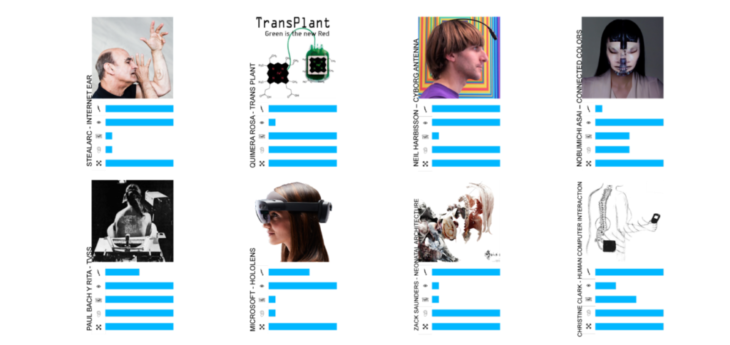
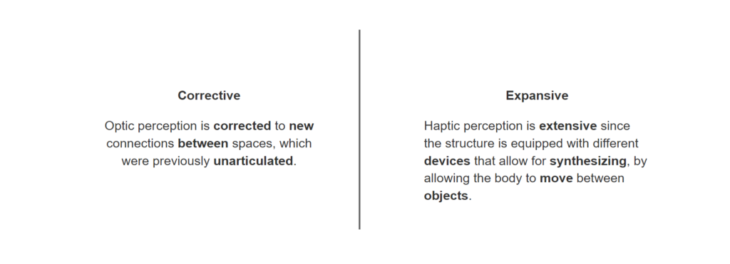
Are human bodies capable of conceiving space in a new manner?
State of the Art
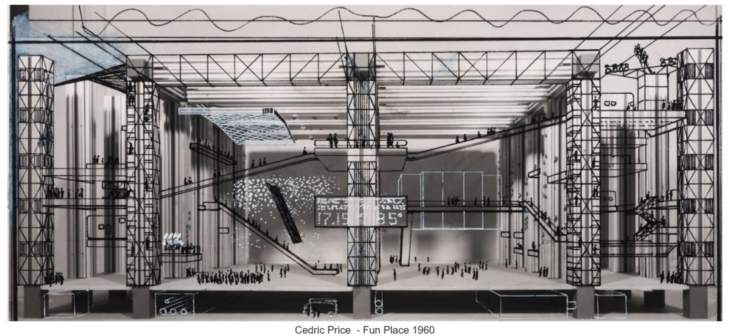
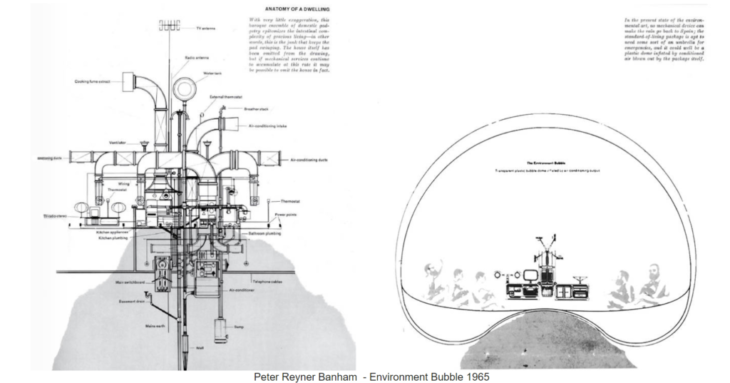
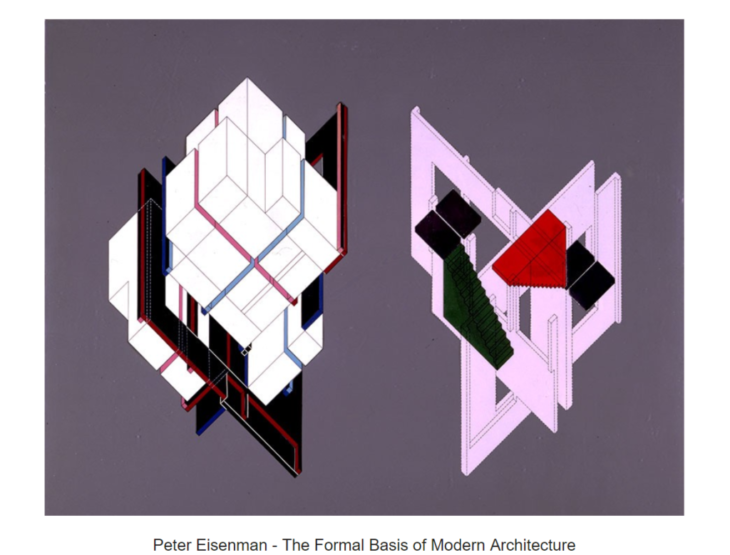
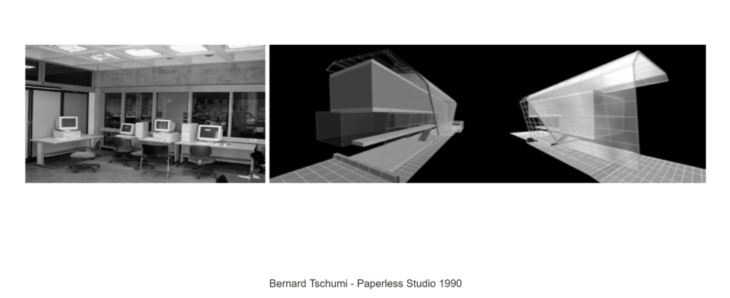
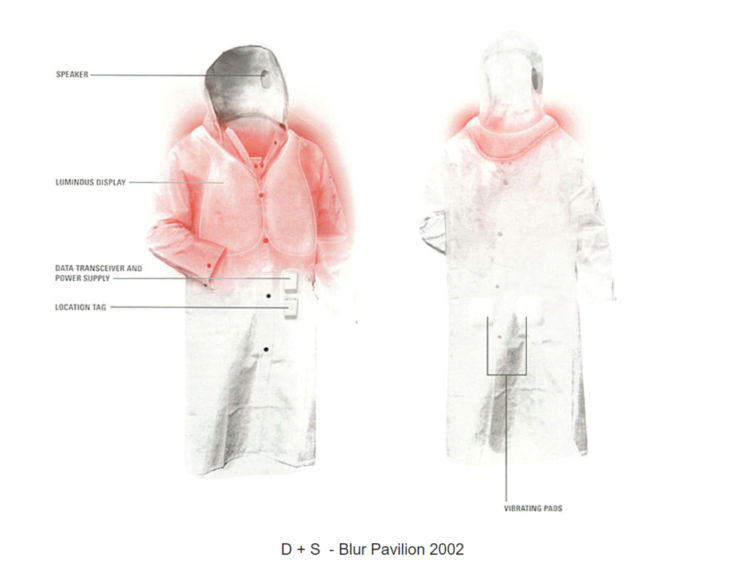
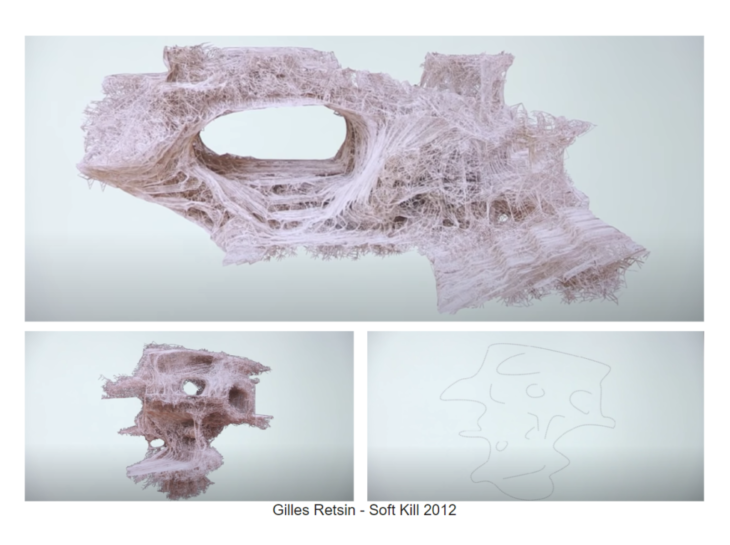
Perspectives:
It can be concluded that impairments are corrective, because it advocates for the removal of barriers, and because it advocates an interdependent understanding of all bodies within expansive space.
Space should disturb the senses’ repose, it should free the repressed unconscious, incite a kind of virtual revolt, and impose on the assembled collectivity an attitude that is both difficult and heroic.
-Antonin Artaud